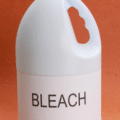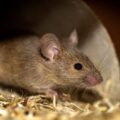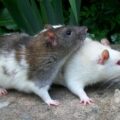Table of Contents
Rats have a bad sense of sight. But do not undermine their sense of smell. They are pretty good sniffers.
That is why they can locate your prized food possessions. If you lock up your chocolate in the most kept part of your cupboard behind boxes and tin cans, they will indeed find it.
With a captain-America-strength of smell they have, you can use it to deter them. Get an answer for what smell do rats hate in today’s article.
Three major types of smell rats hate:
- Smell of predators
- Smell of strong chemicals
- Smell of natural repellents or spices
If the rat infestation is still minor, use these to save money on rodent removal cost. When you let their nostrils contact the following, the rodents will avoid getting contact with you and your homes:
- Citronella
- Peppermint
- Mothballs
- Bleach or Chlorine
- Chili powder
Repel the rats away from your kitchen cabinets, your closet, and your whole property. This is a cheap rat exterminator tactic you can find at home.
How?
Here are familiar scents that pester the rats. Use these at your homes, cars, or office at work to repel rats and stop them from pestering you. Use spices, strong chemical odors, and plant extracts as natural rat repellents to turn them off.
What smell do rats hate?
You can trick the rats by revealing their weakness through their strength. Rats may think that it has the upper hand with its smelling power. That ability is good when they use it for food hunting; however, what they may not expect from you is that they are about to face(to smell ) their worst nightmare.
Serve them the following and never see those rats coming back to your homes.
1- Citronella
Many use citronella to repel flies and mosquitoes. Citronella oil is also used to repel bacteria and viruses at home.
Many also believe that the scent of citronella trunks off rats.
You can use this for enclosed spaces like your cars.
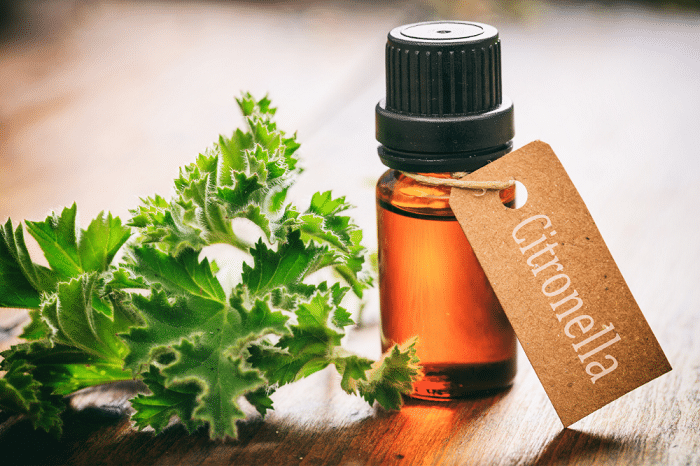
2- Peppermint
Another strong-smelling extract is that from peppermint. Your toothpaste at home has this smell. If you notice that the rats may punch holes in your toothpaste tubes, but right away, they leave it behind. It is because of the strong scent of mint.
Mint scent is so pungent that it irritates the eyes. This is pretty much the same as your chlorine or bleach. However, there is no strong evidence that peppermint can repel rats away.
It can also be that peppermint leaves are not that much to sting the senses of rats. It can repel, sometimes, but most of the time, a rat might endure the scent of peppermint.
With a few peppermints, you can then add it to make DIY rat spray.

3- Bleach
Bleach contains chlorine. When humans use bleach, the scent goes up into the nostrils then to the eyes. That is how strong the smell of bleach is. So aside from using it as an effective disinfectant that wipes germs away, it is also a 100% rat repel.
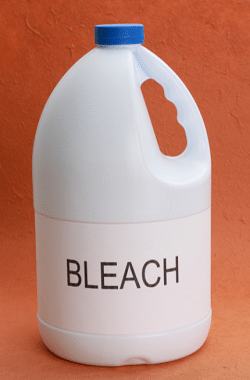
4- Garlic
Garlic is believed to scare vampires away. Though vampires only exist in fictional tales and myth, real-life vampires hiding in your attic or basement exhibit the same disdain with garlic.
Certain types of spices scare the rats away. First, you have garlic. Some use garlic for general DIY pest control and home remedy. It can potentially drive mice away since it naturally fumes pungent odor.

5- Chili Powder
It makes you sneeze when you accidentally sniff chili powder.
But due to rats’ super-smelling ability, they immediately turn away when they catch the scent of chilies.
Red hot chilies contain capsaicin. That is the compound that irritates the nasal receptors.
You can easily store chili powders in your pantry. You can place them in areas you do not want the rats to discover. You can hide your chocolates where you keep the peppers. The mice won’t even suspect.



